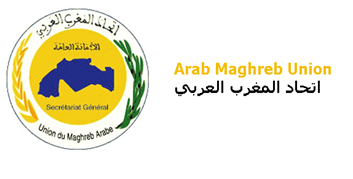Economic Community of West African States (ECOWAS) - 15 African Member States (ECOWAS)
ECOWAS, based in Abuja, Nigeria, was established on 28th May 1975 as a community of fifteen Member States. It was created as a Regional Economic Community aiming at promoting cooperation and development, abolishing trade restrictions, removing the obstacles to the free movement of people, goods and services, and harmonising sectoral policies. The overriding objective of the establishment of ECOWAS is the establishment of a Common Market, and the creation of a Monetary Union characterized by a single currency and a common Central Bank. Its mission is to promote economic integration in all fields of economic activity, particularly industry, transport, telecommunications, energy, agriculture, natural resources, commerce, monetary and financial questions, social and cultural matters.
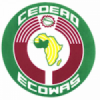
Web Link Intergovernmental Authority on Development - 7 African Member States (IGAD)
The Intergovernmental Authority on Development (IGAD), based in Djibouti, was created in 1996 to supersede the Intergovernmental Authority on Drought and Development (IGADD) which was founded in 1986. The IGAD Mission is to assist and complement the efforts of the Member States to achieve, through increased cooperation in the areas of food security and environmental protection, promotion and maintenance of peace and security and humanitarian affairs and, economic cooperation and integration. The IGAD Vision is to be the premier Regional Organization for achieving peace, prosperity and regional integration in the IGAD region.

Southern Africa Development Community (SADC) - 15 African Member States ( SADC)
The Southern African Development Community (SADC), based in Gaborone, Botswana, started as Frontline States whose objective was political liberation of Southern Africa. SADC, launched in 1992, was preceded by the Southern African Development Coordination Conference (SADCC), which was formed in Lusaka, Zambia on 1st April 1980 with the adoption of the Lusaka Declaration (Southern Africa: Towards Economic Liberation). SADC's Vision is that of a common future, a future within a Regional Community that will ensure economic well-being, improvement of the standards of living and quality of life, freedom and social justice and peace and security for the people of Southern Africa. The SADC Mission is to promote sustainable and equitable economic growth and socio-economic development through efficient productive systems, deeper co-operation and integration, good governance, and durable peace and security, so that the region emerges as a competitive and effective player in international relations and the world economy.

Economic Community of Central African States (ECCAS)
The Economic Community of Central African States (ECCAS), based in Libreville, Gabon, was established on 18th October 1983 by merging Central African Customs and Economic Union (UCEAC) and the Economic Community of the Great Lakes States (CEPGL). Sao Tomé & Principe and Angola became full members in 1999. Rwanda resumed full membership in 2002. ECCAS became operational in 1985. The over-arching objective of the Community is to establish a trade system between the Member Countries free of customs, administrative and other obstacles and to achieve economic integration.
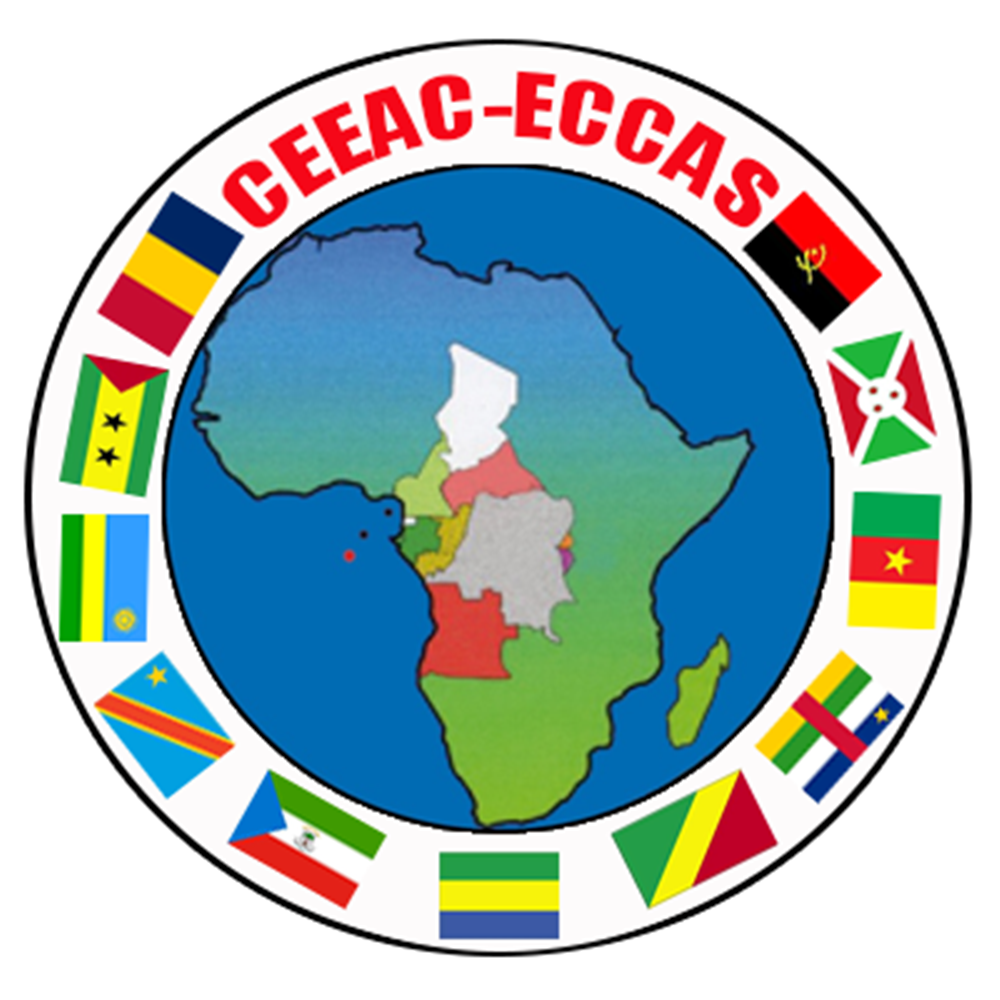
The East African Community (EAC)
The East African Community (EAC), based in Arusha, Tanzania, is the Regional Intergovernmental Organisation of five East African Nations. The Treaty for Establishment of the East African Community was signed on 30th November 1999 and entered into force on 7th July 2000 following its ratification by the original three Partner States – Kenya, Tanzania and Uganda. The Republics of Rwanda and Burundi acceded to the EAC Treaty on 18th June 2007 and became full members of the Community with effect from 1st July 2007. The Vision of the EAC is a prosperous, competitive, secure, stable and politically united East Africa. The Mission is to widen and deepen economic, political, social and cultural integration in order to improve the quality of life of the people of East Africa through increased competitiveness, value added production, trade and investments.
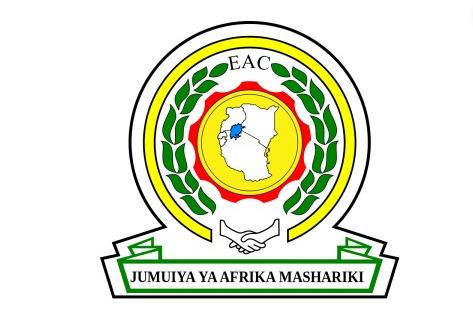
Community of Sahel-Saharan States (CEN-SAD)
The Community of Sahel-Saharan States CEN-SAD, based in Tripoli, Libya, is a framework for integration and complementarity. Its vision is to work, together with the other Regional Economic Communities and the African Union, to strengthen peace, security and stability and achieve global economic and social development. CEN-SAD was established on 4th February 1998 following the Conference of Leaders and Heads of States held in Tripoli, Libya. The Central African Republic and Eritrea joined the Community during the first Summit of the organization held in Sirte, Libya, in April 1999. Senegal, Djibouti and Gambia joined CEN-SAD during the N'djamena Summit in February 2000. Others countries joined later.

Common Market for Eastern and Southern Africa (COMESA)
The Common Market for Eastern and Southern Africa, based in Lusaka, Zambia, was founded in 1993 as a successor to the Preferential Trade Area for Eastern and Southern Africa (PTA), which was established in 1981. COMESA's Vision is to be a fully integrated, internationally competitive Regional Economic Community with high standards of living for all of its people ready to merge into an African Economic Community. Its Mission is to Endeavour to achieve sustainable economic and social progress in all Member States through increased co-operation and integration in all fields of development particularly in trade, customs and monetary affairs, transport, communication and information, technology, industry and energy, gender, agriculture, environment and natural resources
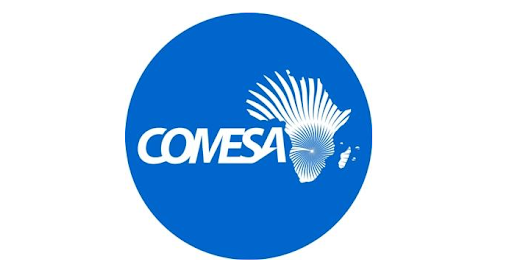
Arab Maghreb Union (UMA) - 5 African Member States (UMA)
Arab Maghreb Union, based in Rabat, Morocco, is a Regional Inter-governmental Union of the five Maghreb Countries in Northern Africa, which was created in 1989 in Marrakesh (Morocco). The main objectives of UMA are to strengthen the fraternal bonds which unite the Member States and their peoples, achieve progress and prosperity in the societies forming these countries and defend their rights, contribute towards preserving peace based on justice and right, pursue a common policy in various fields, work progressively towards achieving the free movement of persons, services, goods and capital amongst the Member States.
